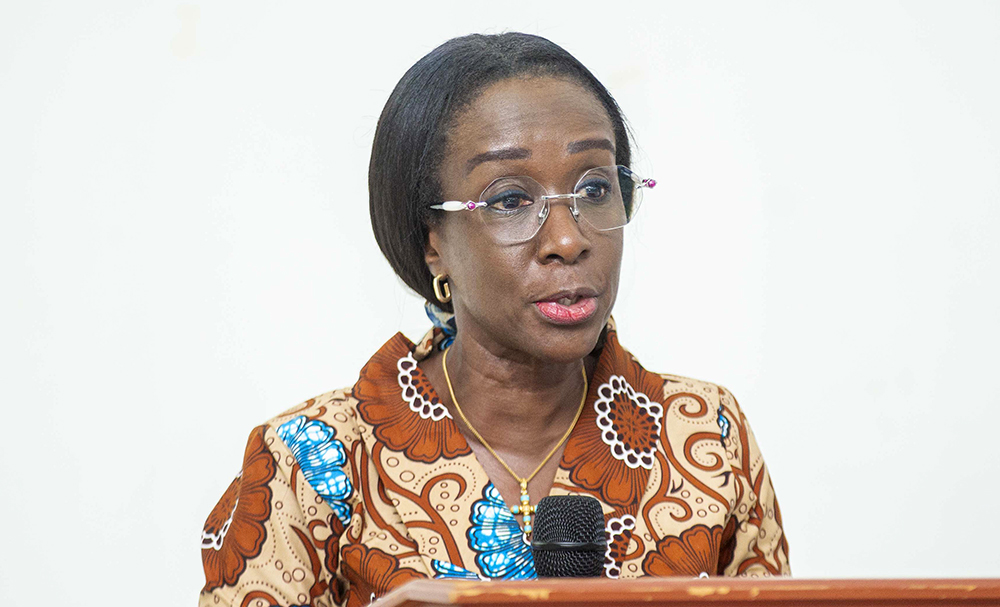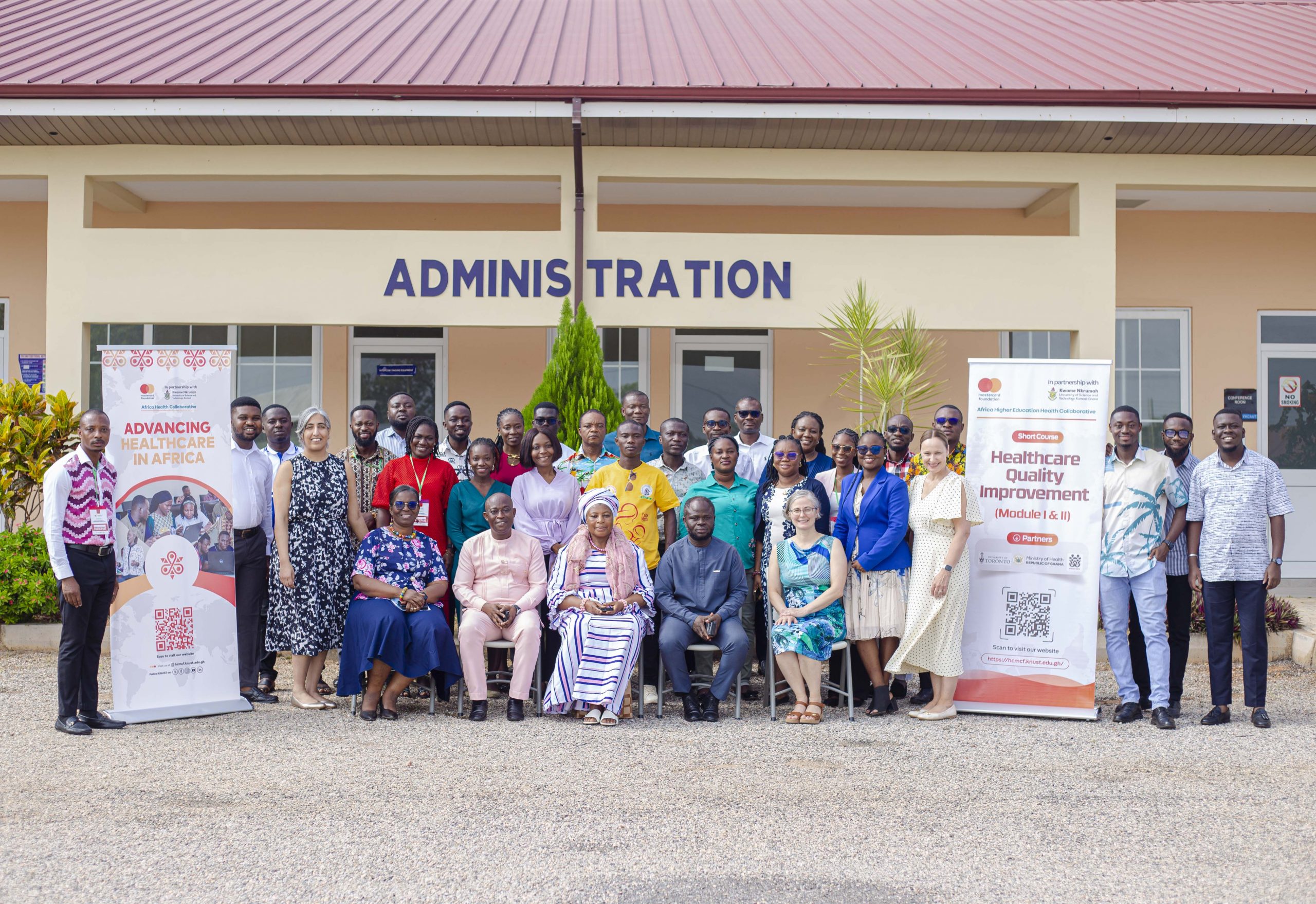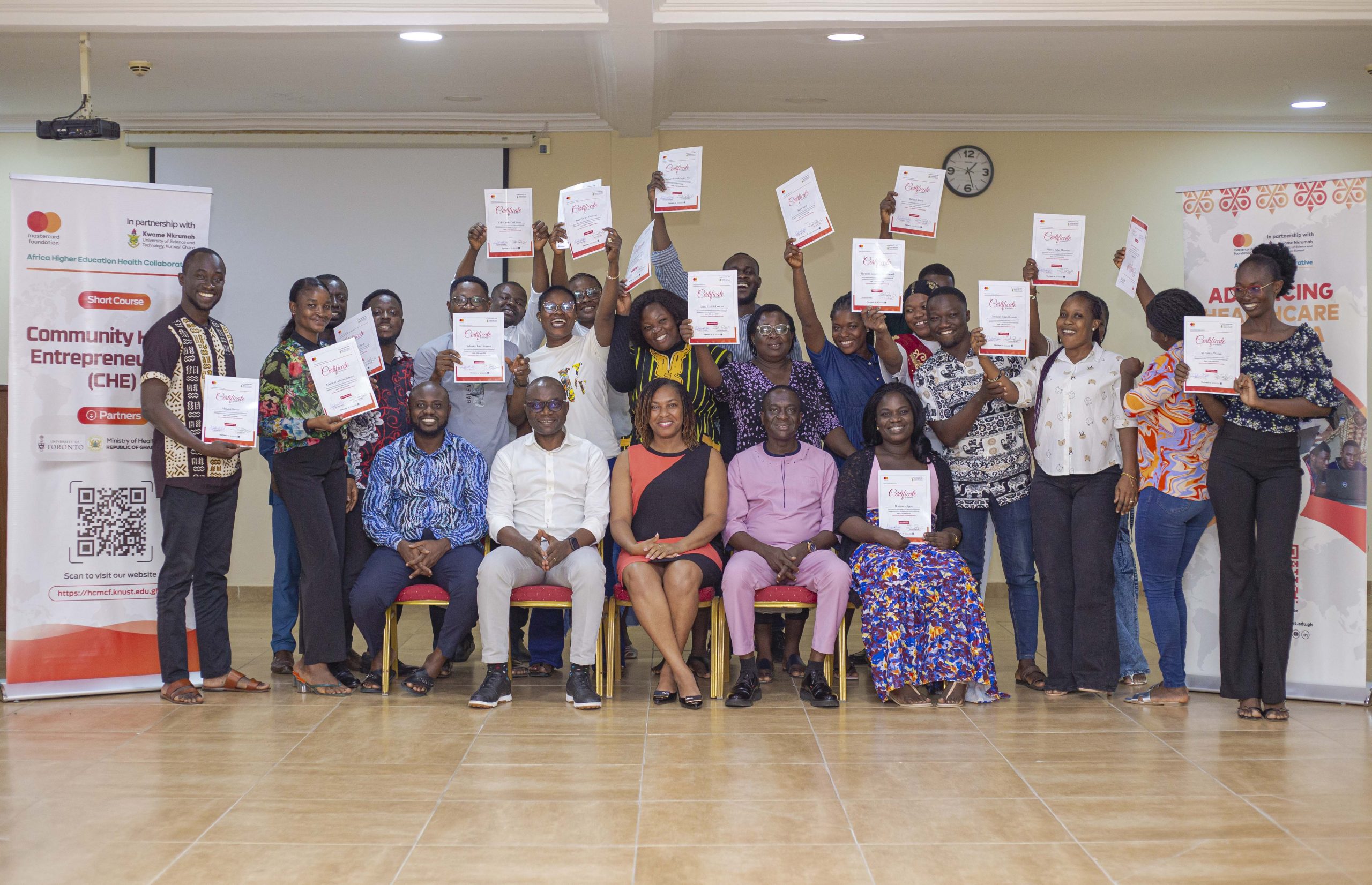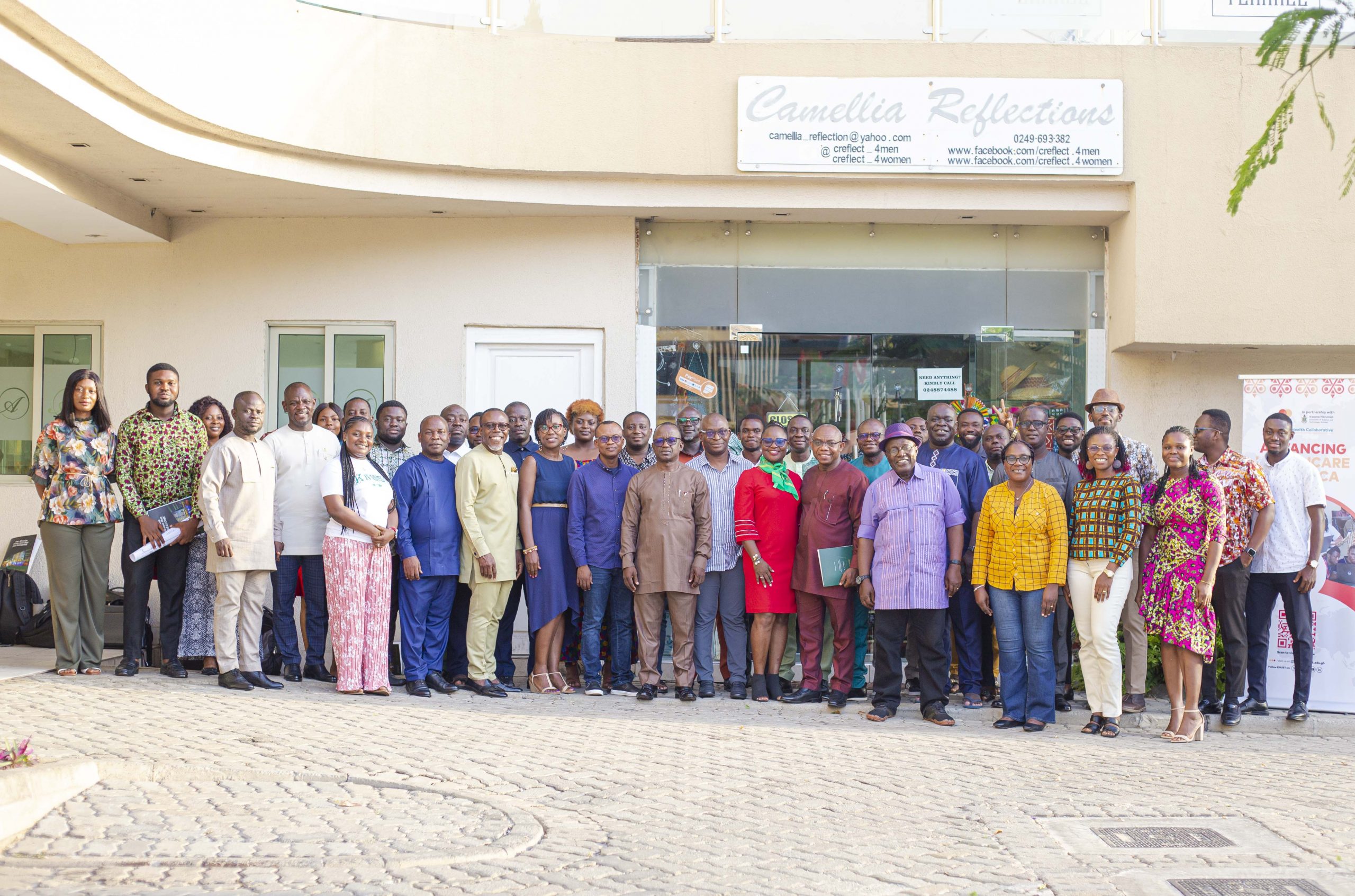The Food and Drugs Authority is making a case for health technology assessment in the efficient use of resources for improved healthcare delivery in developing countries.
Speaking at the opening ceremony of the Health Technology Assessment (HTA) and Healthcare Industry and Regulatory Affairs (HIRA) courses by the Africa Higher Education Health Collaborative, Kwame Nkrumah University of Science and Technology, Chief Executive Officer of the Food and Drugs Authority, Dr. Mrs. Mimi Darko believes Ghana’s healthcare surging reliance on technologies makes it imperative.
“In our pursuit of meeting the demands of evolving trends, particularly in technology and assistive devices, the significance of health technology assessment cannot be overstated. Especially in developing countries where resources are often scarce, efficient allocation is paramount.
“Health technology assessment serves as a compass in efficient utilization of our resources to ensure we have optimal healthcare delivery. Especially in Ghana, there is the need for health technology assessment and it has become more pronounced across all facets of the health sector even in the remotest areas,†she noted.
Dr. Mrs. Darko also touched on the role of health regulation in fulfilling the SDGs.
“I am confident the course content will shed light on the vital role of regulatory issues in achieving the Sustainable development Goals,†she charged.
The Health Technology Assessment (HTA) and Healthcare Industry and Regulatory Affairs (HIRA) courses are spearheaded by the Health Employment Pillar of the Collaborative led by Dr. Kofi Akohene Mensah.
Health Technology Assessment (HTA) allows a critical assessment of health technologies as a basis for making evidence-based decisions in the health sector.
The course has been accredited by various health professional bodies for Continuous Professional Development (CPD) points.
32 and 30 health personnel were given the opportunity to take part in the second cohort of the Health Technology Assessment (HTA) and Healthcare Industry and Regulatory Affairs (HIRA) courses respectively.
Principal Investigator of the Collaborative, Prof. Ellis Owusu-Dabo entreated participants to take advantage of the opportunity to impact their community.
The partners in the workshop include: KNUST School of Public Health, The DAAD-PAGEL (German Academic Exchange Service Partnership for the Health Sector in Developing Countries) Accelerating Capacity-Building in Health Systems Research and Management in Africa Project, and the German-West African Centre for Global Health and Pandemic Prevention (G-WAC)
The rest are: The Department of Health Care Management at the Technische Universitat Berlin (TUB), Germany, the Norwegian Institute of Public Health, Norway, and the HTA Secretariat of the Ministry of Health, Ghana.
About Africa Higher Education Health Collaborative
The Africa Higher Education Health Collaborative in partnership with the Mastercard Foundation seeks to advance primary healthcare in Africa through three pillars: Health Employment, Health Entrepreneurship and Health Ecosystem.
The Health Entrepreneurship pillar aims to develop an entrepreneurial mindset and culture that supports entrepreneurs to create meaningful innovations and employment opportunities in the health sector.
The Health Ecosystem pillar also aims to train and prepare a new generation of talented professionals with the broad sets of skills required to drive equitable and inclusive growth.
The Health Employment pillar also aims to expand and improve current capacities to train primary healthcare workers. This workshop is under the auspices of the health employment pillar.





